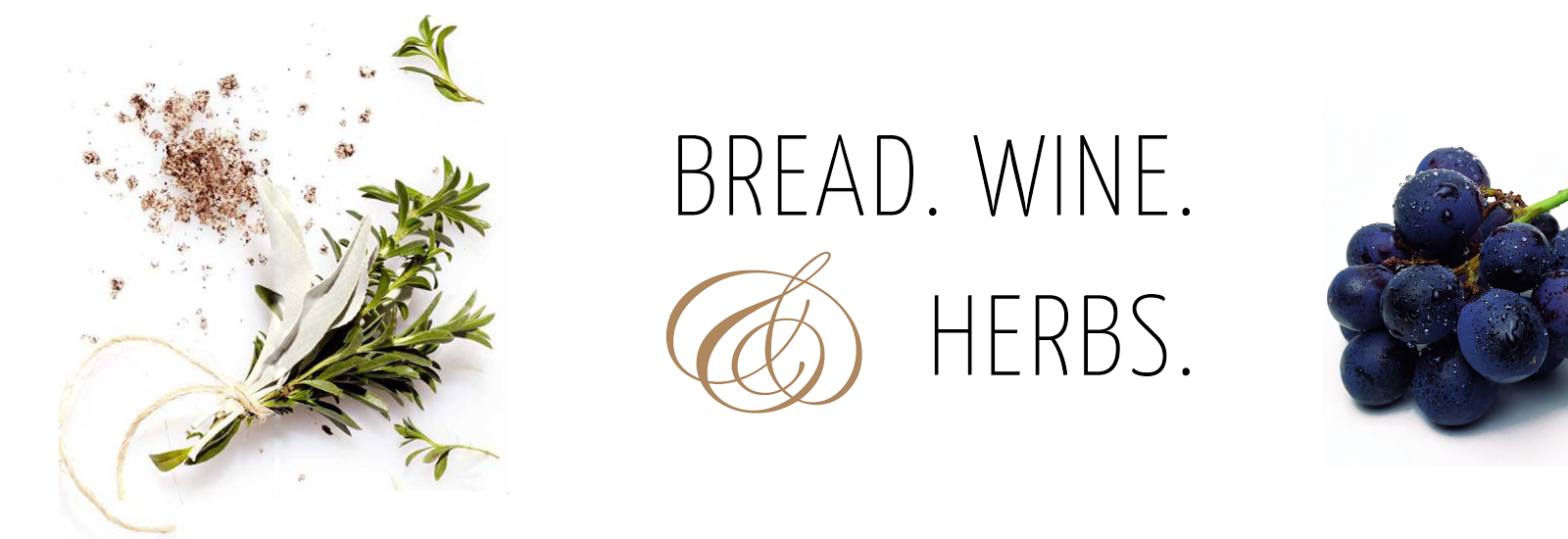In Germany, bread is more than just a food - it is a part of the German culture. All over the world, German bread is valued for its unique diversity. Germany produces more varieties of breads than any other country. Over 300 varieties of dark and white breads and over 1,200 varieties of rolls and mini-breads (Brötchen & Kleingebäck) are produced in Germany.
As with German cooking, there is no one typical German bread. Each region in Germany has its own specialties and variations. In Northern Germany, dark and heavy breads, such as rye breads, are prefered. In the South, lighter breads made of wheat are the favorites. Every German eats an average of 53 kg bread per year.
The love story between the Germans and their bread reaches far back in history even thogh it was the Egyptians who initially started flour milling and bread baking more than 5000 years ago. From Egypt it soon spread to other parts of the world and quickly reached the area that is now Germany.
The reason why Germany has developed such an expertise in baking bread is first of all the quality if its soil which is not only excellent for growing wheat but rye as well. Additionally the territory that makes modern day Germany used to be highly decentralized and consisted of various near-autonomous entities. These entities maintained their own cultural identities and habits which often included bread recipes.
Bread is also a central component of customs and figures of speech in the Christian and bourgeois context: in the Eucharist bread symbolises the body of Christ, the Harvest Festival Bread is deemed to be the embodiment of thanks for a rich harvest. New neighbours are often presented with bread and salt upon moving in order to wish them happiness and prosperity.









0 comments:
Post a Comment